News
The Case Against IPOB Leader Nnamdi Kanu
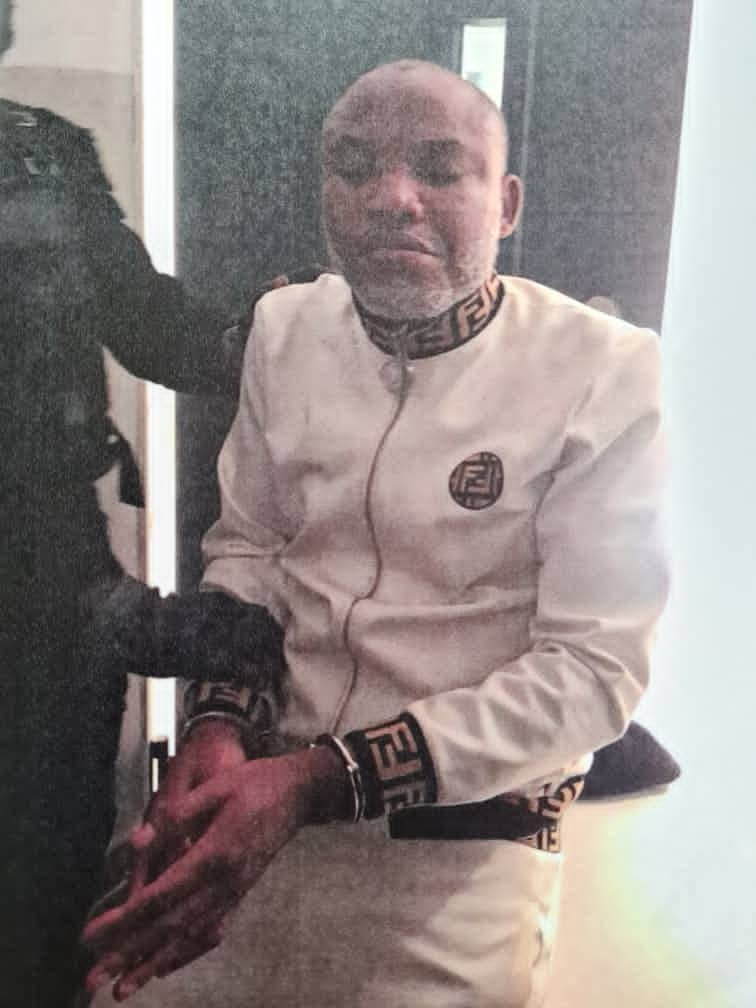
Fugitive leader of the Indigenous People of Biafra (IPOB), Nnamdi Kanu, who was arrested on Sunday by the Federal Government, was arraigned at the Federal High Court Abuja on Tuesday.
Kanu has been on the wanted list of the Nigerian government having incited violence in the Eastern part of the country in serious arm struggle with the Nigerian State.
On October 2015, Kanu was arrested and charged by the Federal Government on an 11-count charge bordering on “terrorism, treasonable felony, managing an unlawful society, publication of defamatory matter, illegal possession of firearms and improper importation of goods, among others.
He was granted bail on April 2017 for medical reasons.
He fled the country in September 2017 after an invasion of his home by the military in Afara-Ukwu, near Umuahia, Abia State.
Since then he has been sighted in Israel and has continued to rally his supporters in Nigeria to employ violence in achieving secession.
According to Nigeria’s Attorney General and Minister of Justice, Abubakar Malami, Kanu, upon jumping bail has been accused of engaging in subversive activities that include inciting violence through television, radio and online broadcasts against Nigeria and Nigerian State and institutions.
He said Kanu was also accused of instigating violence, especially in the Southeastern Nigeria that resulted in the loss of lives and property of civilians, military, para military, police forces and destruction of civil institutions and symbols of authorities.
The IPOB leader has been championing the breakaway of the Igbo from Nigeria and has incited violence in the east, with several treasonable utterances against the government of Nigeria.
Apart from the #EndSARS protest prosecuted through Twitter, Kanu was one of the reasons the Federal Government suspended Twitter’s operation in Nigeria.
The government accused Twitter of bias for allow Kanu to use its platform to tweet and direct his followers in the east to attack government establishments and wage war against the State.
In December 2020, Kanu announced the formation of the Eastern Security Network (ESN), a regional security force. Kanu later gave all the governors of southeast Nigeria 14 days to ban open-grazing, threatening to deploy the ESN to enforce a ban if the authorities did not do so.
The Nigerian response to the formation of the ESN led to the Orlu Crisis, which started week-long military confrontation in which the ESN threw back an initial Nigerian Army offensive, prompting the deployment of reinforcements. Before another offensive was launched, Kanu ordered the ESN to withdraw to the bush, temporarily ending the confrontation.
The Nigerian army and air force renewed hostilities on February 18 by launching a military offensive against the ESN; the next day, IPOB declared that as of 18 February, a state of war had existed between Nigeria and Biafra.
-
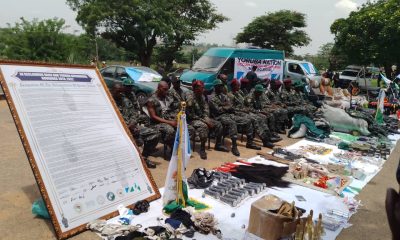
 News3 days ago
News3 days agoUpdated: Oyo Police Parade Arrested Yoruba Nation Agitators
-
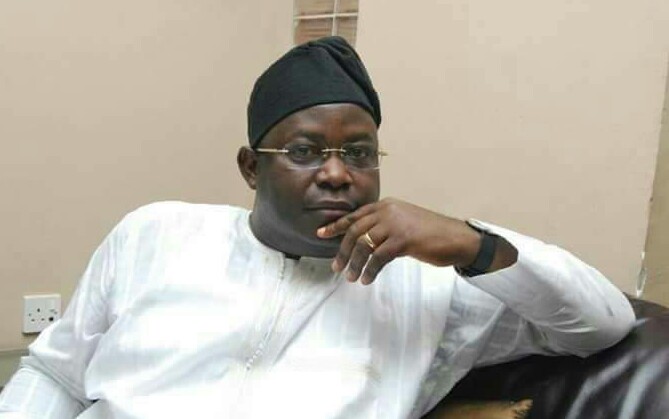
 News2 days ago
News2 days agoJust In: Adeleke Appoints Former Osun Commissioner For Finance, Bolorunduro Chairman Of Living Trust Mortgage Bank
-
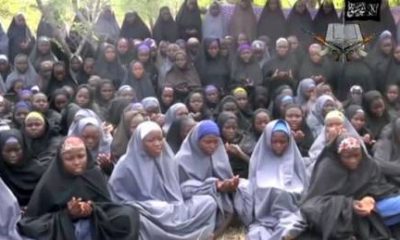
 News3 days ago
News3 days ago‘21 Chibok Girls Return With 34 Kids; 48 Parents Die Of Trauma’
-
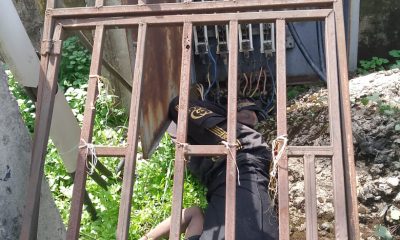
 News2 days ago
News2 days agoMan Electrocuted While Attempting To Steal Transformer Cables



